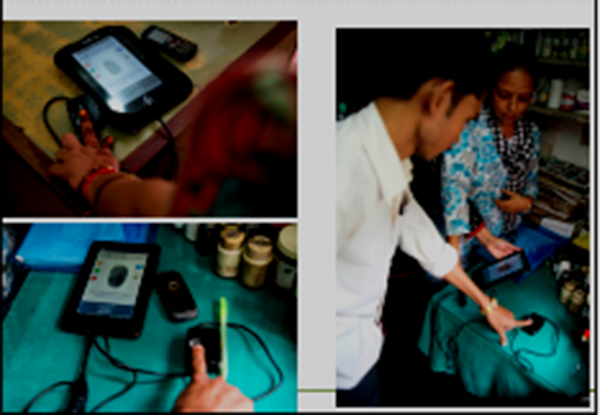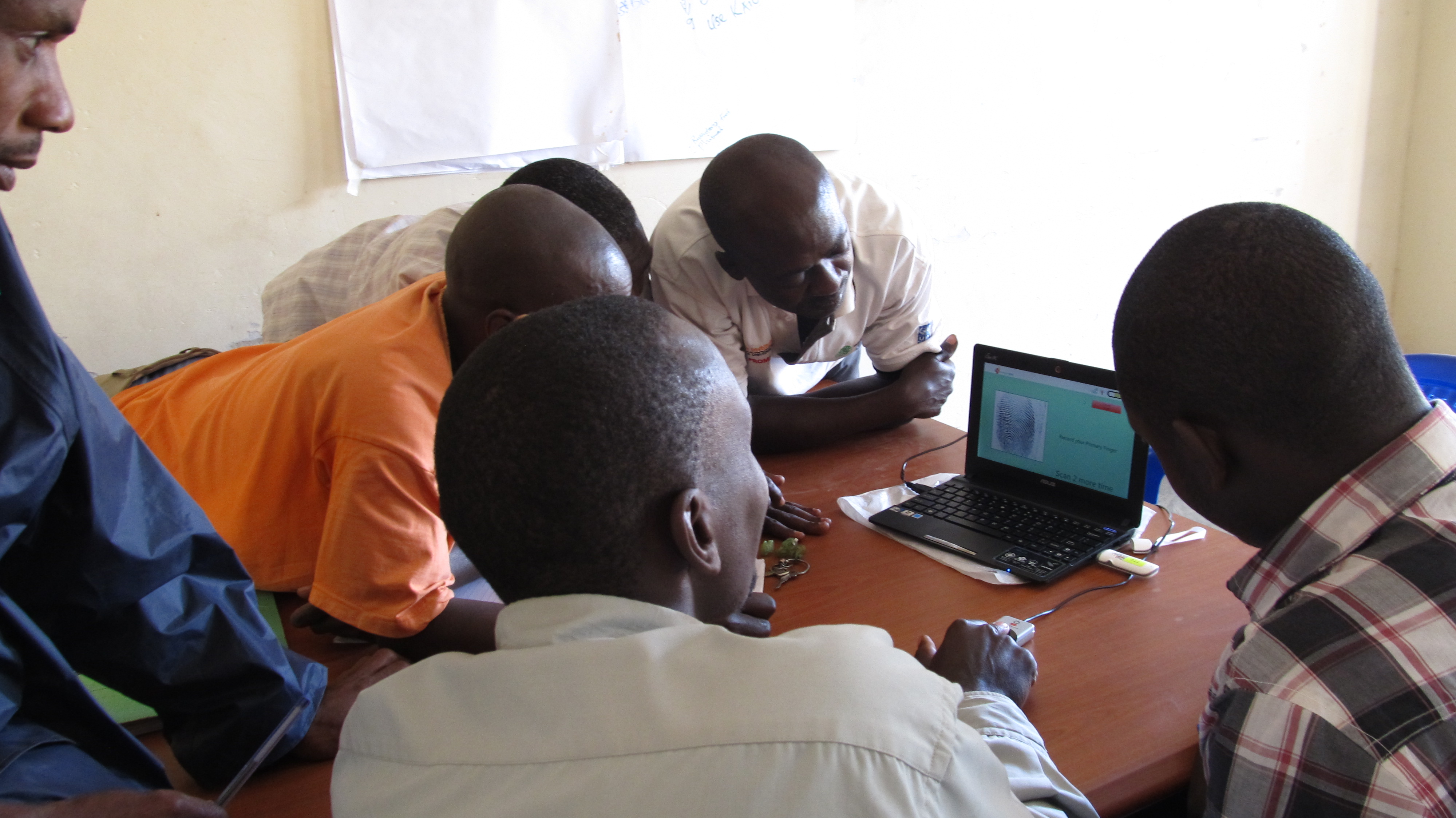eCompliance system tracks every meeting between CHW and client. This includes delivery of DOTS doses. This is a necessity because of the tedious and difficult regimen prescribed under the DOTS therapy in which a TB patient must take 75 doses or more under observation. This is the therapy prescribed by WHO and followed across the world.
eCompliance software is loaded on a tablet, which has a SIM card. This connects the tablet to a server. The tablet updates the server every 20 minutes.
If a dose is missed, eCompliance issues an alert to the patient, health worker and his supervisor. The health worker has to meet the patient within 24 hours, provide further counselling, deliver the dose and ensure that the patient re-joins the therapy. This meeting is also evidenced with the biometric id. Thus, no fudging or manipulation can take place. This helps achieve a very high adherence and treatment success rate. This has been proved by rigorous RCTs carried out in collaboration with JPAL, MIT, Harvard Business School and others.
An exhaustive study done by Microsoft Research proved that eCompliance is easily accepted and has proved to be a win-win solution for everyone.


Replication of eCompliance in Uganda was done by Columbia University, Earth Institute, and the Millennium Villages. Results are “a staggering improvement” writes Professor Yanis Ben Amor. He added that “the community and the patients are excited about the system. When the project was first implemented, the mother of one patient said she could not thank the eCompliance team enough for taking care of her son. She insisted that they take a few valuable pineapples as a gesture of her appreciation. Another health worker reported that community members told him how much they appreciated both him and the system. Now they can rely on him to always check on the health and treatment status of patients. In areas …where the system doesn’t yet reach, patients are asking when they will get the new technology”.
No wonder, Professor Amor is confident that eCompliance “means better TB care ….and TB follow up rates worldwide”, even in developed countries. He goes on, “benefit of eCompliance is not limited to tuberculosis alone. There are other medical issues where the largest challenge to success is ensuring patient follow-up, particularly in resource-scarce settings. Other opportunities include ensuring delivery of consistent antenatal care to pregnant women, recording childhood vaccinations, and aiding prevention of HIV transmission from mother to child. eCompliance may be just the assistant that overworked doctors and health workers in disadvantaged areas need to easily, efficiently, and successfully care for all of their at-risk patients, including in the United States.”
eCompliance has also been recommended by a high level committee appointed by the Government of India for roll-out across the country.
